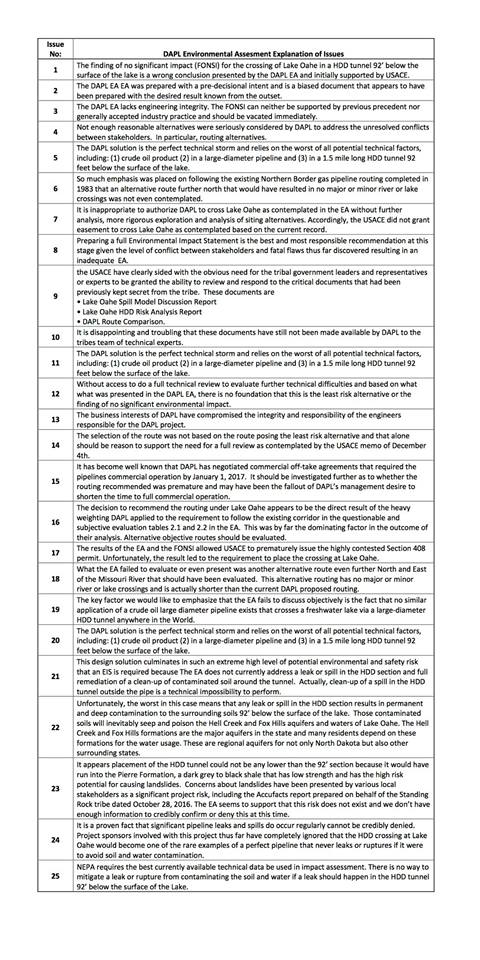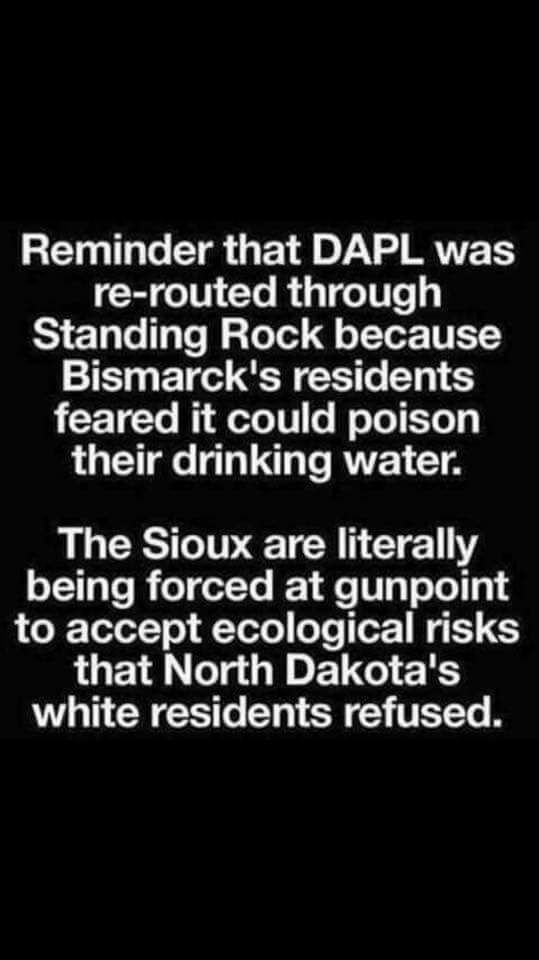#askwarren -Are you and co-DAPL @Phillips66Co investor @gatesfoundation aware of DAPL design flaws and inherent risk to drinking water?
Ask pipeline mechanical engineer Steve Martin.
1) any problem with leakage would mean there could be no sectional removal and instead would involve the (very costly) removal of the entire 1.5 mile section of underwater submerged pipeline 92 feet below the ground, plus its replacement entire
2) increased distance exponentially compounds the danger of pipe fracture (due to increased weight) and thus damage during installation of the pipeline, which must be pushed through the drill tunnel's entire length, and due to length cannot be installed with a protective casing
3) submergence underground additionally under a water body will greatly hamper the detection of leaks as well as being prohibitively costly to replace
4) none of this (underwater oil pipelines under freshwater bodies, let alone those that provide drinking water) is permitted in regimes such as Turkey who are major pipeline conduits between the EU and Eurasia
5) Steve Martin's report provided a reroute option that would provide nigh negligible risk to water bodies (and is actually shorter), -alternatives are and were ignored in the Environmental Assessment process conducted by the USACE (US Army Corps of Engineers).
6) The Environmental Assessment process that granted the Lake Oahe easement for the Dakota Access Pipeline was additionally flawed. Here's a handy 25 point chart on everything that was wrong with it:

7) Essential documentation to the consultation was withheld from the Tribes in the consulting process and still hasn't been released. Steve Martin references three pieces of documentation. One of these is substantiated in Tompkins' Interior Department legal Memorandum to the USACE, -being the spill modelling conducted for the DAPL Project, which was held back as confidential.
"Suppressed memo shows many failings in Corps review of Dakota Access plan" - Minnesota Post
This is also referenced, if a little more vaguely, by the UN report: “In the context of the Dakota Access Pipeline, the potentially affected tribes were denied access to information and excluded from consultations at the planning stage of the project,” Tauli-Corpuz said (an author on the UN report).
"United Nations Denounces the North Dakota State government" - HPR
